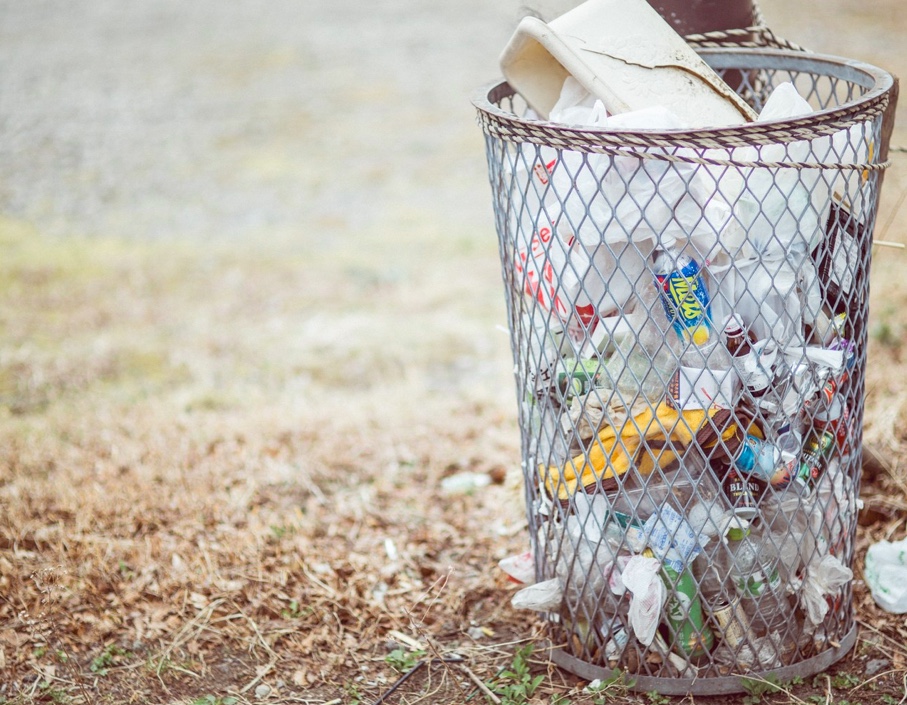One problem of Japan now a days is the amount of public trash cans.. Many foreign people visit Japan surprised, why they are less trash cans available in the city. Compared to the past years , the number of trash cans is more rather than these days . In the past, there used to be at least one large wire mesh trash can in a park, but these days you do not see any. Fewer convenience stores have trash cans in front of their stores. The reasons for this are explained below.
Reasons for the lack of trash cans:
After the Sarin gas attack on the subway in 1995, trash cans were removed one after another as they provided a place to hide suspicious items. Also, after the 2001 terrorist attacks in the U.S., trash cans were reduced under the guise of “anti-terrorism measures.
However, even if there were no trash cans, there are plenty of places in the city where people could hide suspicious items if they wanted to. Terrorists would not basically stop terrorizing because of the lack of trash cans.
In fact, a major reason for the decrease in the number of trash cans is that governments and businesses have realized that they can reduce the time and cost of trash disposal by removing trash cans in the wake of anti-terrorism measures. It is easy to reduce, but once reduced, it is difficult to restore. After reducing costs, it seems wasteful to do something that costs more again.
The Problem of Reducing Trash Cans:
The problem is that “we need to get rid of the trash cans and create a culture where each person takes his or her own trash home with them.”
Some people who oppose the installation of trash cans talk so, but it is only a beautiful idea and rather anachronistic.
It is true that eliminating trash cans will increase the number of people who take their trash home with them, but since plastic bags used in place of trash bags are now charged for, many people are reluctant to take their trash home with them.
In today’s society, the act of eliminating places to dispose of garbage discourages people from consuming.
In recent years, tapioca drinks have boomed, and containers left on the streets have become a problem. It is easy to imagine how consumers, do not like to litter, would hesitate to purchase tapioca drinks because they cannot easily dispose of the containers.
Even if public literacy improves and ethical consumerism takes hold, we will never be able to completely eliminate the waste that is generated. More trash cans will help the economy recover.
Also, as the convenience of daily life improves everyday , reducing the number of places to throw things away is going against the trend of the times.
The Internet is full of articles in which people from overseas praise the beauty and cleanliness of Japan and are surprised at the high level of Japanese people who take their garbage home with them. From the point of view of foreign tourists, a town without trash cans is inconvenient and unavoidable.
Even in a seemingly clean city, hidden places such as under vending machines and in the crevices of buildings are full of trash.
We need to change our society in response to globalization, instead of being intoxicated by the high ethical standards of the Japanese people.
In Singapore, which is considered the most beautiful city in the world, trash cans are placed everywhere in the city.




Comments